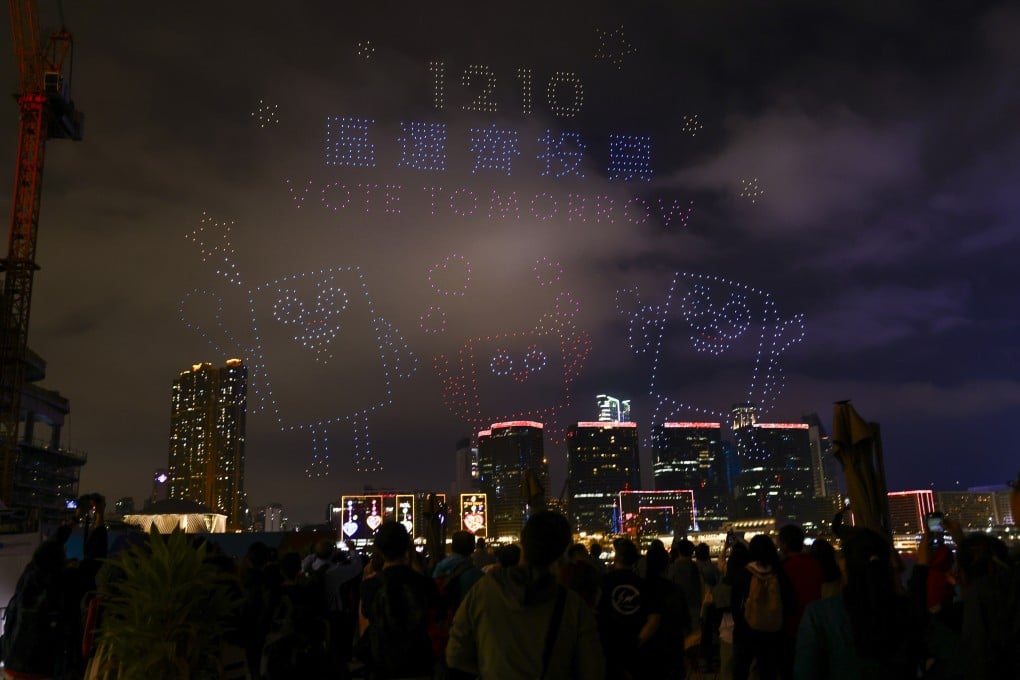Advertisement
Opinion | Hong Kong’s ‘depoliticised’ district polls raise more questions than answers
- Tough questions must be asked about the election’s record low voter turnout and how defanged political parties can play a more ‘constructive’ role in an overhauled system
Reading Time:3 minutes
Why you can trust SCMP
7

Contrary to expectations, Hong Kong’s district council elections on December 10 were quite eventful. Leading up to the poll, the government went all out to boost voter turnout, even as we were constantly reminded that turnout doesn’t matter. In addition to the ad blitz and officials passing out fliers on the streets, the government rolled out an unprecedented “Election Fun Day” extravaganza.
Compared to the blackout periods practised elsewhere, where active campaigning is disallowed just before an election so voters can consider their choices, Hong Kong’s full-on party, with pyrotechnics lighting up the night sky, was jaw-dropping.
There were also outdoor concerts, a three-hour variety show, sport activities, exhibitions, fairs and free entry to public museums. The vote-drive festivities blew the “Night Vibes Hong Kong” campaign out of the water.
Advertisement
And yet, the chief executive tells us not to be fixated on the voter turnout which, for the record, hit a new low of 27.5 per cent. Voter turnout is an important barometer of public sentiment. Is apathy the reason for the record low voter turnout? Or is the electorate simply rather satisfied with the government’s work and performance?
Is it because of a lack of knowledge of the newly overhauled system, where over 4 million were eligible to cast ballots for 88 directly elected seats? Or is it because people knew their vote would affect only 19 per cent of the district council make-up?
Advertisement
There are questions the government must answer.
Advertisement
Select Voice
Select Speed
1.00x
